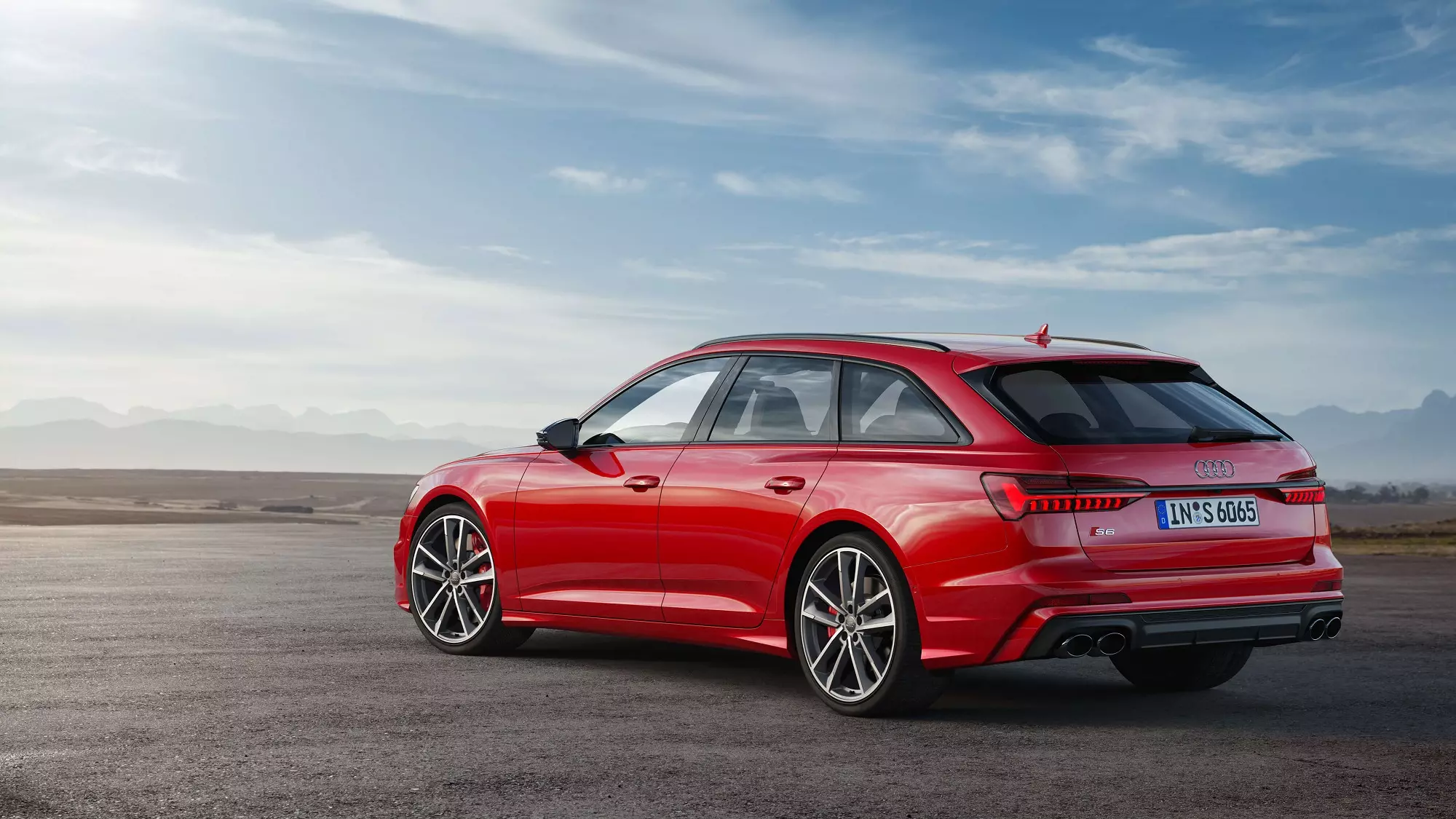Although electrification is not an empty word at Audi — 20 electric models will be part of the brand's portfolio until 2025 —, internal combustion engines will continue to be an important part of the four-ring brand.
This is said by Markus Duesmann, who took over the leadership of Audi last April, in the midst of a pandemic crisis, in a conversation with Automotive News Europe.
In addition to being CEO (executive director), Duesmann is also director of R&D (Research and Development) at Audi and at the entire Volkswagen Group, so who better to talk about the subject.

What we infer from his words is that it is premature to speak of the end of internal combustion engines, despite the electric ones attracting all the attention.
Subscribe to our newsletter
According to Duesmann, the future of internal combustion engines will ultimately be "a political issue" and, he continues, "will not be decided by the world at the same time". That's why it makes sense to him that different markets turn to both electric mobility and more efficient internal combustion engines.
That's the scenario he sees in the coming years for Audi, where Duesmann says there are still many customers looking for models with internal combustion engines. And it's not just gasoline engines…

Diesel is to continue
Diesel engines, too, despite the bad reputation they have gained over the last five years, will continue to be present at Audi, as, as he says, “many of our customers still love Diesels, so we will continue to offer them”.
Diesels are still the most efficient internal combustion engine, having against them the high cost of exhaust gas treatment systems. Which justifies its disappearance or strong reduction in supply in the lower segments of the market.
Furthermore, internal combustion engines do not have to be synonymous with fossil fuels. Audi has been one of the most active in the industry in the development of synthetic fuels, which could decisively contribute to the coveted carbon neutrality in 2050.
